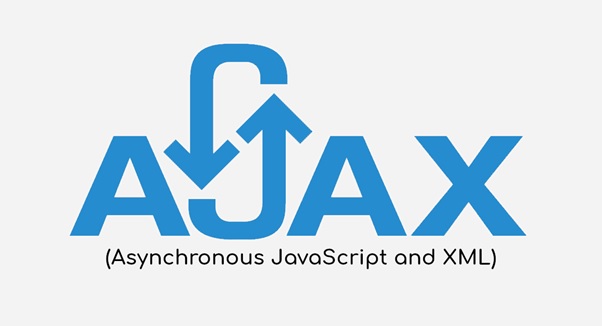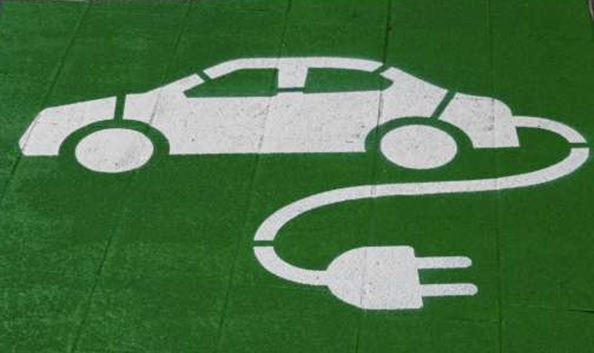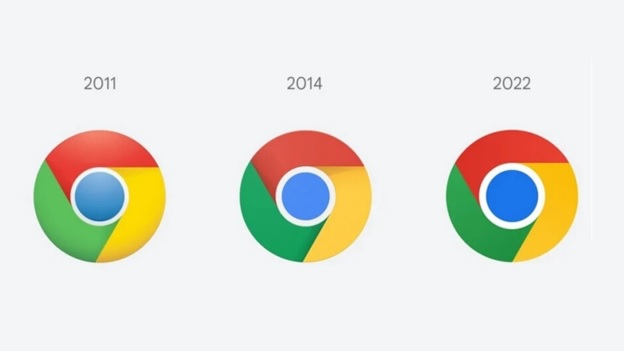CFD (Contract For Difference)
A contract for difference (CFD) is a contract between a buyer and a seller that stipulates that the buyer must pay the seller the difference between the current value of an asset and its value at contract time. CFDs allow traders and investors an opportunity to profit from price movement without owning the underlying assets. The value of a CFD contract does not consider the asset's underlying value: only the price change between the trade entry and exit.[1]
The word biometric is a combination of two words: bio (human) and metric (measurement). In simpler words, biometrics are any metrics related to human features which make an individual different from other individuals. [1]

Figure 1. CFD(Contract for Difference
How does CFD trading work
When you open a contracts for difference (CFD) position you select the number of contracts (the trade size) you would like to buy or sell. Your profit will rise in line with each point the market moves in your favour.
Buy
If you think the price of an asset will rise, then you would open a long (Buy) position and profit if the asset price rises in line with your expectations.
Sell
If you think the price of an asset will fall then you would open a short (Sell) position and profit if it falls in line with your prediction.[2]
How Do CFDs Work
A contract for difference (CFD) allows traders to speculate on the future market movements of an underlying asset, without actually owning or taking physical delivery of the underlying asset. CFDs are available for a range of underlying assets, such as shares, commodities, and foreign exchange. A CFD involves two trades. The first trade creates the open position, which is later closed out through a reverse trade with the CFD provider at a different price.[2]
Advantages of CFDs
- Higher Leverage.
- No Shorting Rules or Borrowing Stock.
- Global Market Access From One Platform.
- Professional Execution With No Fees.
- No Day Trading Requirements.
- Variety of Trading Opportunities.[3]
Disadvantages of CFDs
- Traders Pay the Spread.
- Weak Industry Regulation.
- Risks.[3]
References:
- https://www.investopedia.com/articles/stocks/09/trade-a-cfd.asp#toc-cfds-faqs
- https://capital.com/what-is-cfd-trading
- https://www.google.com/search?q=contract+for+difference&tbm=isch&ved=2ahUKEwjQnoPX_9v2AhUYxqACHV3
Cite this article:
Sindhu.C (2022), CFD (Contract For Difference), AnaTechMaz, pp. 87















